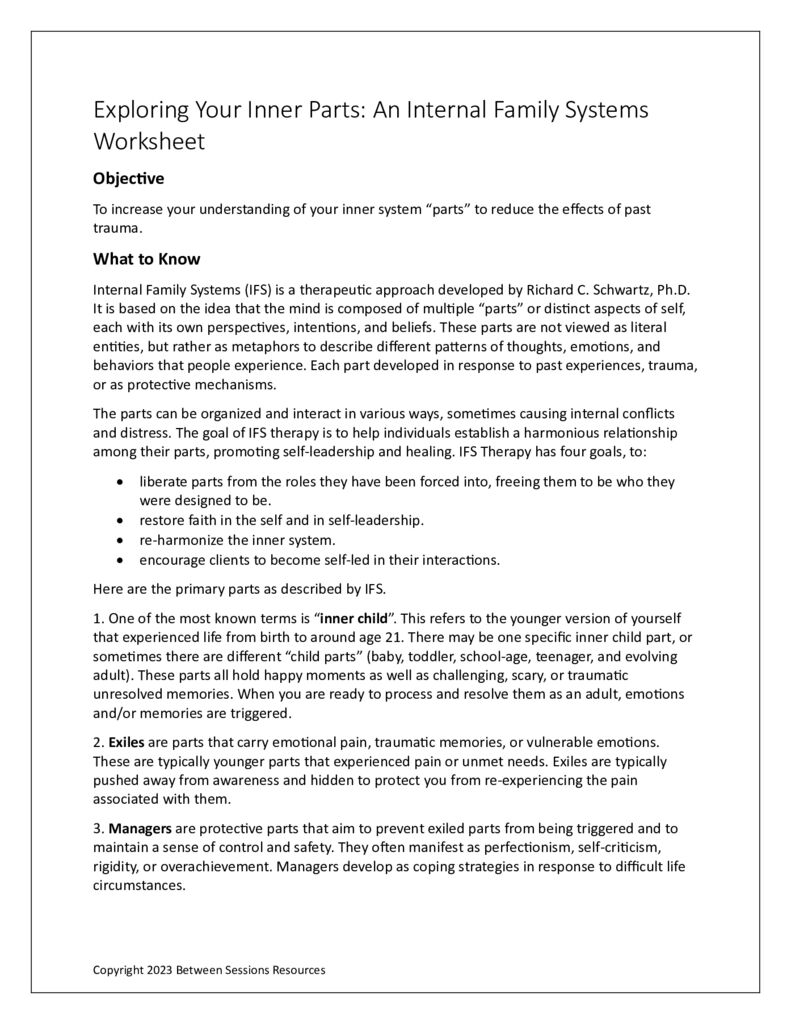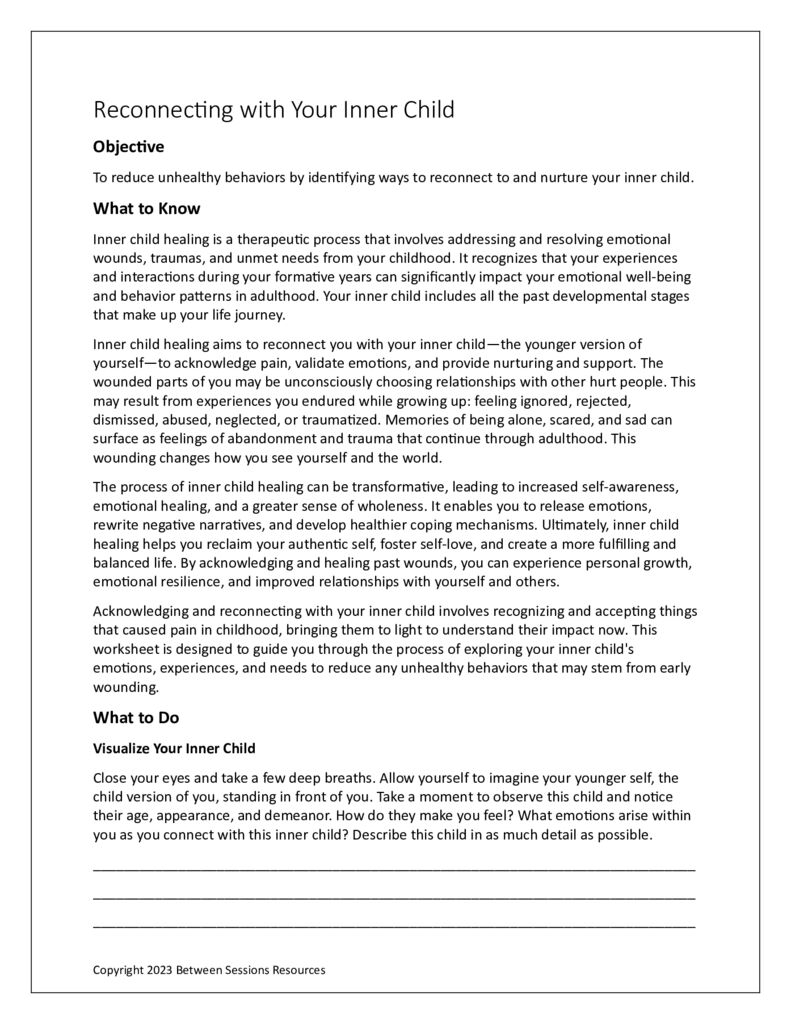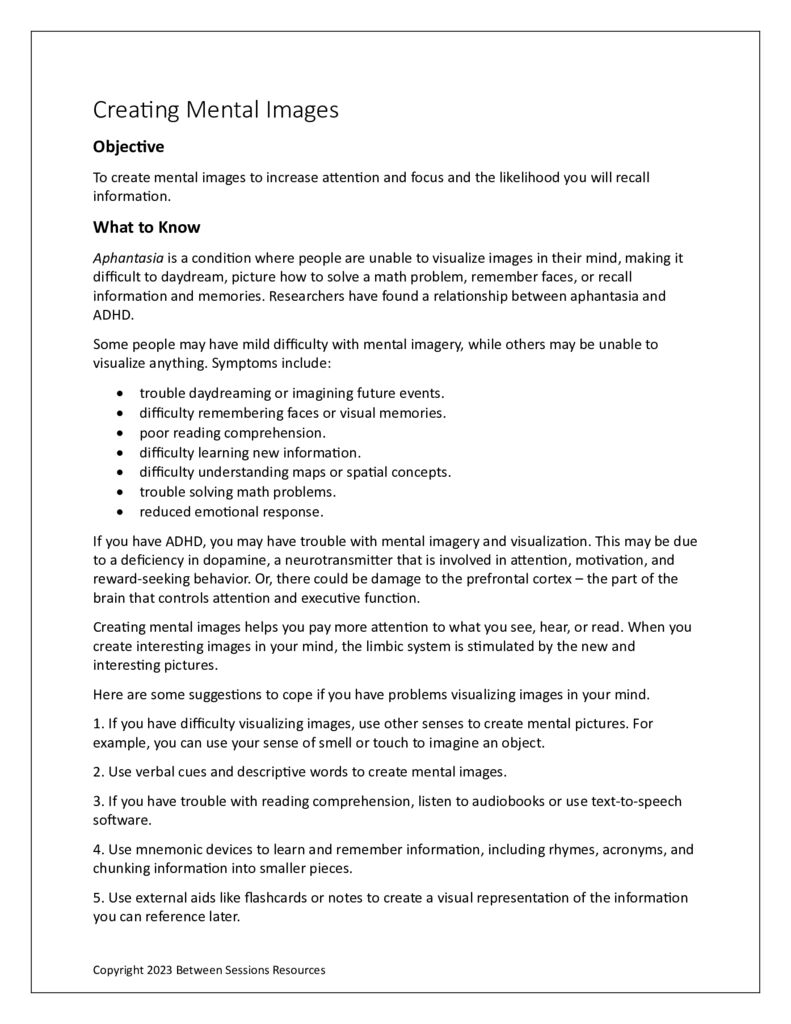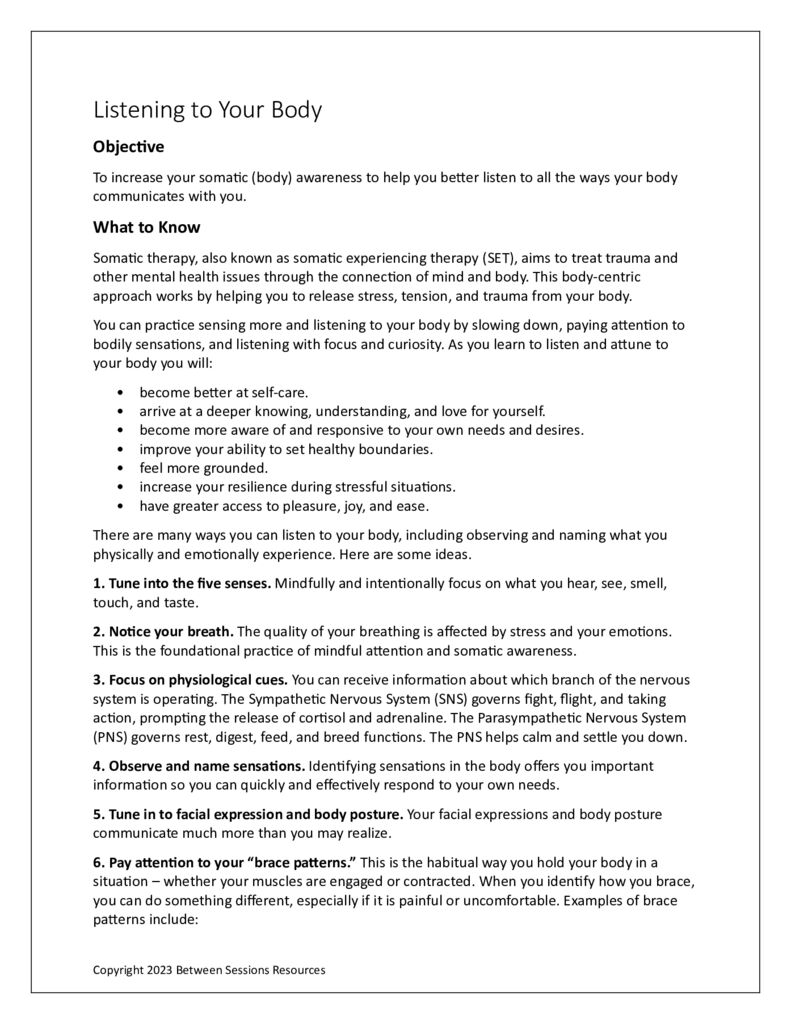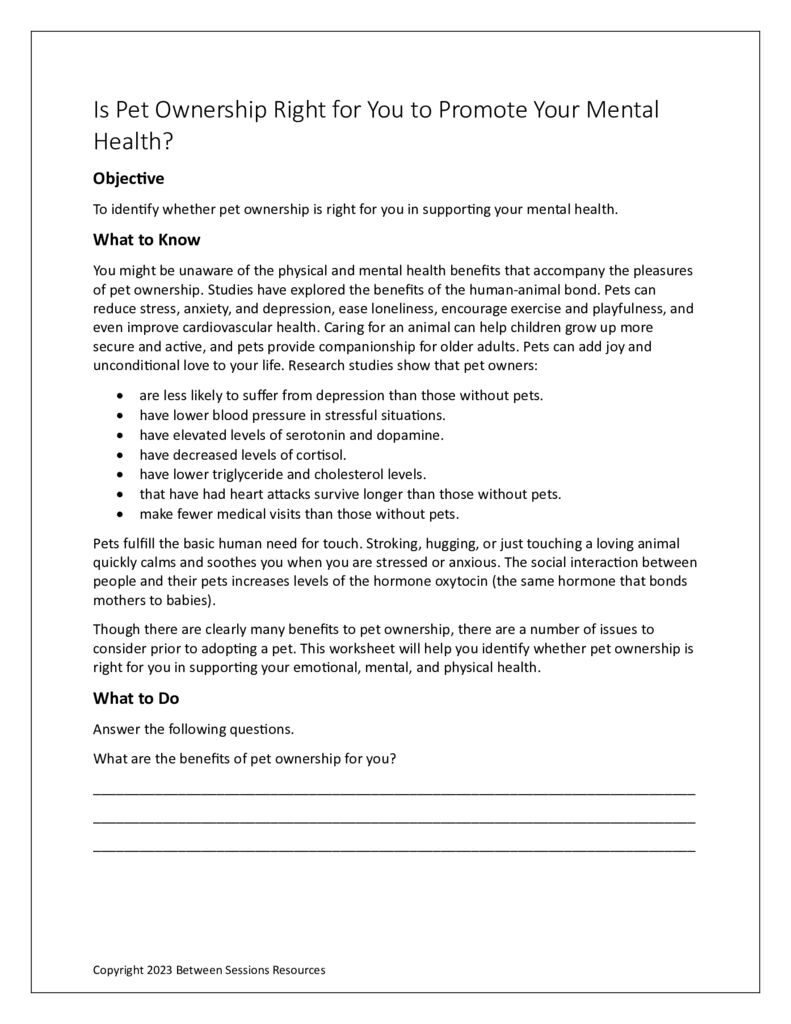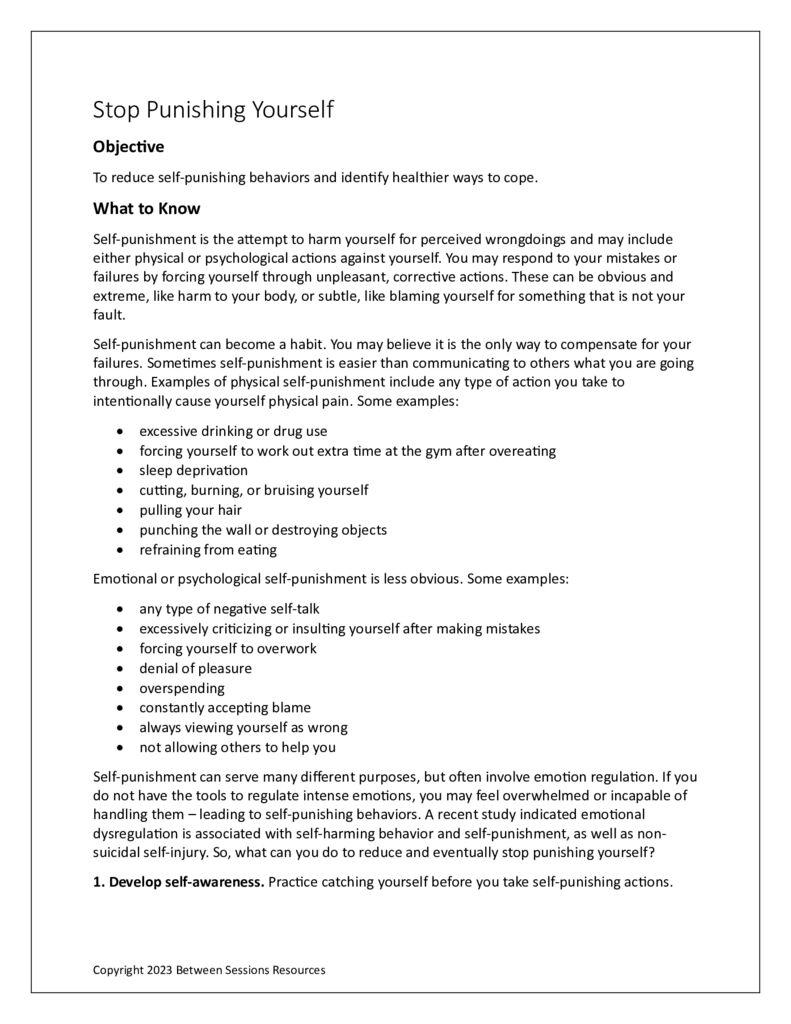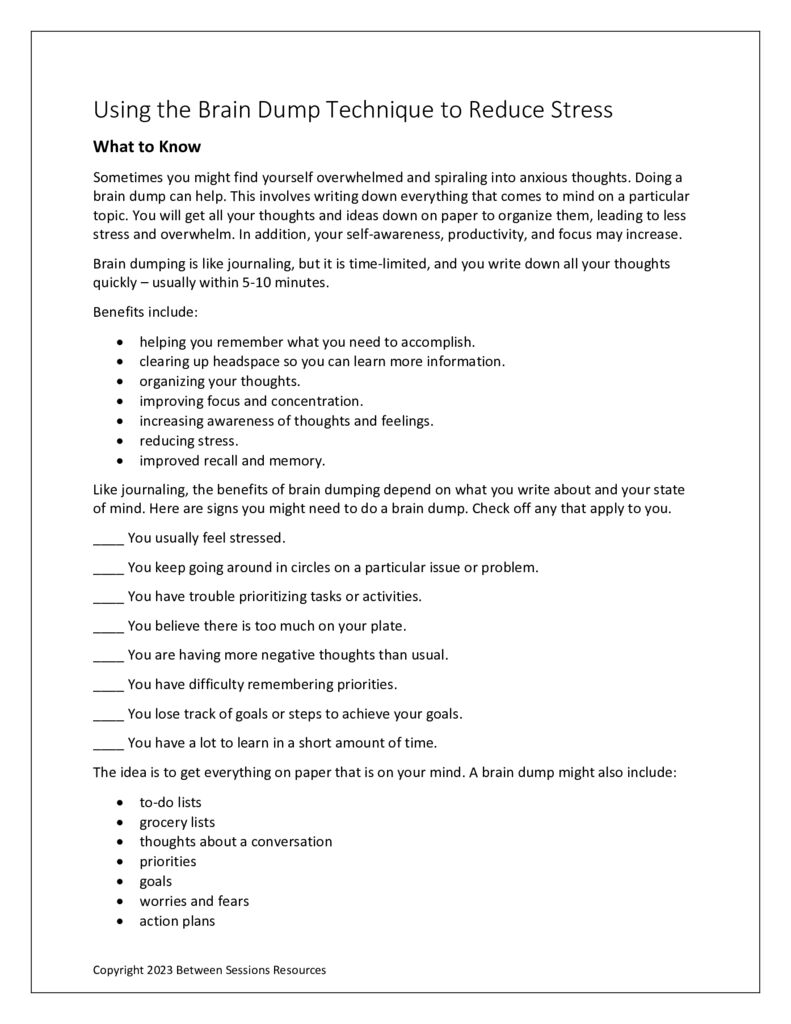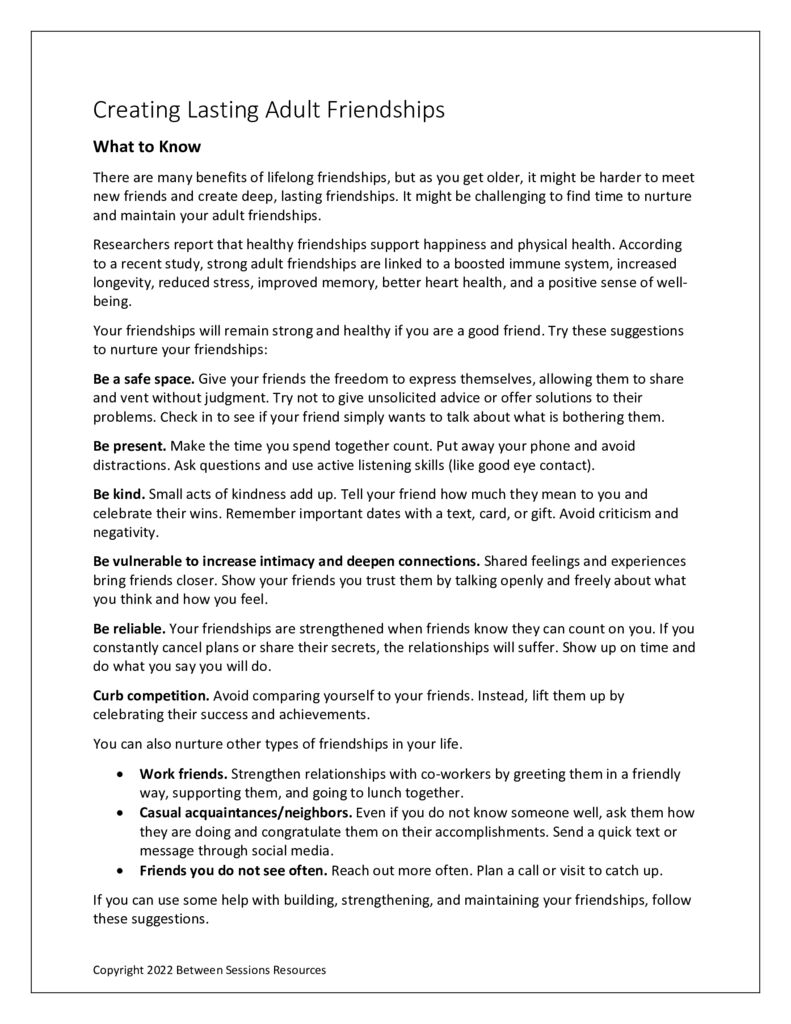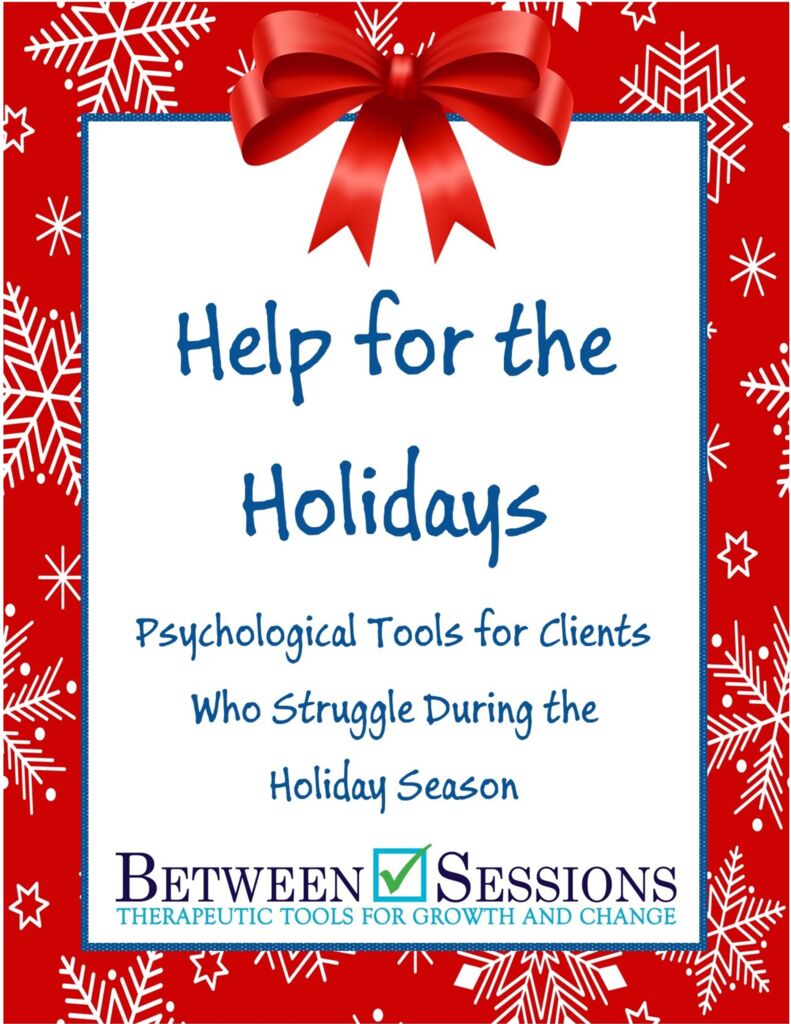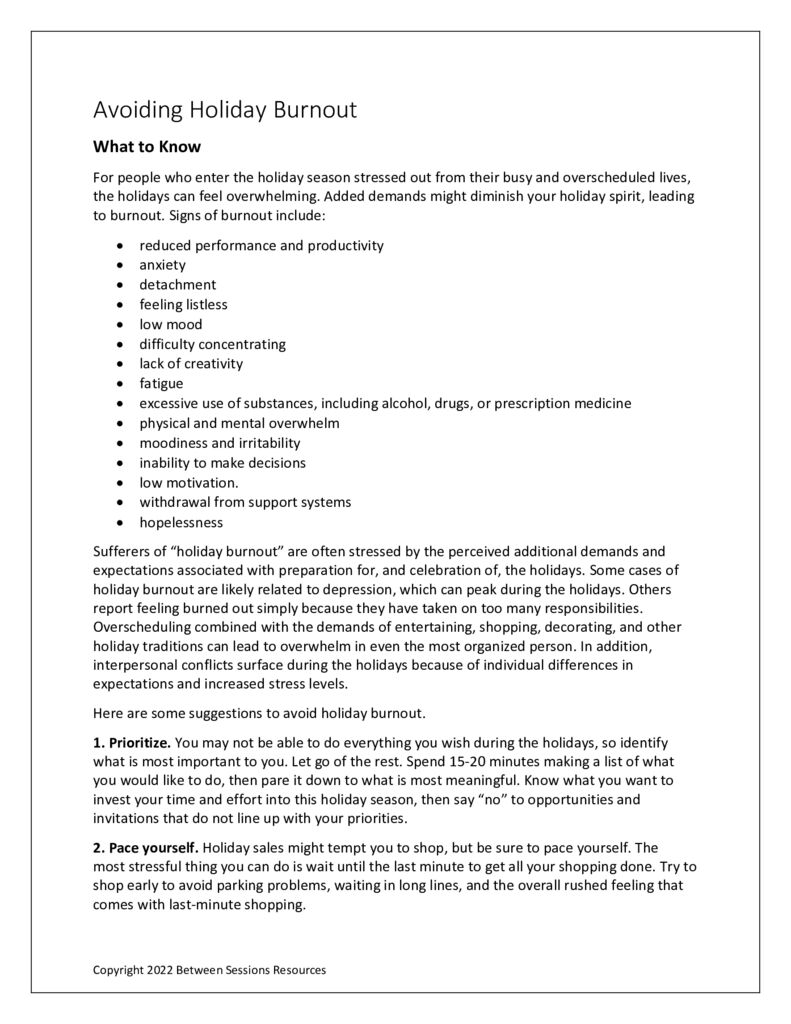Internal Family Systems (IFS) is a therapeutic approach developed by Richard C. Schwartz, Ph.D. It is based on the idea that the mind is composed of multiple “parts” or distinct aspects of self, each with its own perspectives, intentions, and beliefs. This worksheet is an introduction to this approach explaining the different internal parts we all have, as well as a framework for creating a dialogue between the parts. Questions are intended to help people understand how their inner parts are affecting their day-to-day lives. (0623. depression, self-compassion, insight, relationships)
Inner child healing is a therapeutic process that involves addressing and resolving emotional wounds, traumas, and unmet needs from your childhood. This worksheet takes people through a process of visualizing their younger selves, thinking about challenging emotions or experiences from their childhood, creating a timeline of important events, developing a conversation with their inner child, and more. (0623. depression, bipolar, introspection, insight, trauma)
Some people may have mild difficulty with mental imagery, while others may be unable to visualize anything. Aphantasia is a condition where people are unable to visualize images in their minds, making it difficult to daydream, picture how to solve a math problem, remember faces, or recall information and memories. This worksheet can help people learn to use mental imagery to recall information and memories. (0523, ADHD, executive functioning, memory, cognitive style)
This worksheet is designed to help people become more aware of the mind-body connection. It provides people with eight techniques to become more aware of their bodies, from observing and naming their body sensations to exploring their environment with all their senses. A series of questions and a chart help people identify the “story” their bodies are telling them. (0423, trauma, somatic experiencing therapy, PTSD)
Owning a pet can be beneficial to a person’s mental and physical health. But pet ownership comes with responsibilities and is not right for everyone. This worksheet is designed to help people explore how owning pet might affect their lives before they make this commitment. (0423, pet therapy, depression, oxytocin)
This worksheet talks about the various kind of self-punishment including physical and emotional self-punishment. Physical self-punishment includes cutting and burning, to excessive burning, sleep deprivation, and more. Psychological self-punishment can range from not letting others help you when you need it to forcing yourself to overwork. The worksheet offers six strategies to overcome self-punishment including a chart to record healthy coping behaviors. (0122, self-harm, self-injury, negative self-image)
This worksheet describes a stress reduction technique that involves writing down everything that comes to mind on a particular topic. A brain dump could include thoughts about a conversation, goals, worries, fears, or a list of things that are bothering you. The worksheet describes four categories of brain dumps. It encourages people to use a notebook or journal to practice this technique each day for two weeks and record their feelings. (0122, stress reduction, journaling)
This worksheet emphasizes the importance of strong adult friendships for emotional and physical health. It has 12 suggestions to build strong friendships followed by questions to help people reflect on the ways they make and keep friends. The worksheet includes a chart for people to record the activities they undertake to foster friendships. (1222, relationships, friendships, loneliness, depression)
This workbook contains 15 worksheets to help clients who are struggling with holiday problems like loneliness, family estrangement, depression, and more. (1222, holidays, stress, depression, drinking problems)
This worksheet is designed to help people who are over-stressed by the holidays and starting to feel depressed rather than enjoying what the holidays can offer. The worksheet gives 8 recommendations for handling holiday burnout and a series of questions to help people find ways to deal with this common problem. (1222,

